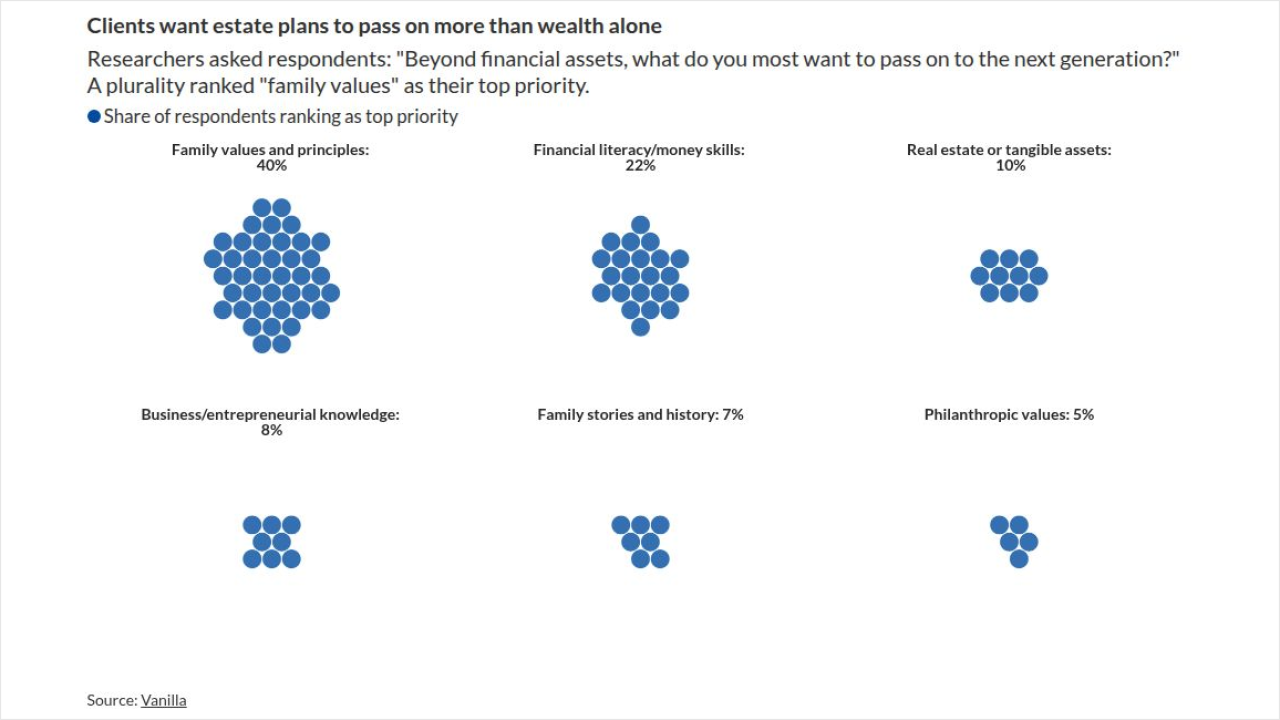Socially-responsible investing has been maligned for limiting the universe of stocks and bonds from which portfolio managers can choose and as a result, producing funds that do not perform as well as their socially-indifferent counterparts.
But, some international socially-responsible funds appear to be defying expectations and turning in notable performances. They are doing so despite their dual challenge of navigating the turbulent international investing seas and of limiting their investment choices to what they consider to be socially-responsible companies.
While the non-U.S. equity fund sector returned 6.7 percent in 1998, several socially-screened international funds turned in significantly better performances, according to CDA/Wiesenberger. Calvert Group's $234 million World Values International Equity Fund returned 16.1 percent last year, according to CDA/Wiesenberger. Calvert, of Bethesda, Md., will be introducing shares for the institutional channel on January 31 to entice 401(k) plans and fee-based investment planners.
The MMA Praxis International Fund, managed by MMA Capital management of Goshen, Indiana posted an impressive 23.96 percent gain last year. The three-fund MMA family adheres to the Mennonite "stewardship investing" philosophy. Oechsle International of Boston serves as the fund's sub-adviser. A money market fund will probably be launched later this year.
The social screening process "doesn't have to be an anchor weighing down the funds," said Gregg Wolper, international fund analyst at Morningstar in Chicago. In the long run, it is not the social screen that determines whether a fund will perform well or not, he said. It is the combination of a good manager, good market, and good stock picks that produces success. But, the screening process can enhance the stock selection process by identifying financially strong companies, say some analysts who embrace socially-responsible investing.
Socially-responsible mutual funds frequently distinguish themselves by the companies they will not invest in, namely firms with ties to alcohol, tobacco and firearms or firms with poor environmental records or histories of employment abuses. Other funds do the reverse and seek out companies working to make the world a better place. Still others use those two methods simultaneously. A few employ fundamental stock analysis, buy an equity stake, then use their positions as shareholders to urge management to address their concerns. Doing any of this on an international level adds a layer of complexity to the task.
The portfolio management collaborators of the Calvert World Values International Fund discussed their two-layer investment process at a news conference recently in New York. The fund is sub-advised by Andrew Preston, director of Murray Johnstone International, a money manager based in Glasgow, Scotland with $6.5 billion in assets under management. Johnstone first identifies attractive international markets based on several criteria including a country's overall economic strength, the inflationary environment, the strength of its currency, its trade balance, the price to earnings ratios of its securities relative to their historic value and overall market performance. Johnstone then consults consensus data from outside sources and then ranks countries from the most attractive to the least attractive.
Once an attractive market is identified, the stock picking process begins and Johnstone frequently visits companies it is considering and meets with their managements. Once a firm is identified as a portfolio candidate, a team of four Calvert analysts screens for its social responsibility. Calvert then issues a pass or fail grade. If a stock fails to pass muster, Calvert and Johnstone will then look for an alternative, often in the same industry.
Cultural differences can be roadblocks to this approach to investing, says Mark Regier, coordinator of socially-responsible investing at MMA Praxis. U.S. funds measure a firm's socially-responsible record based on U.S. standards. But many standards do not apply in all global markets. For example, child labor is not acceptable in the U.S. but is in some other countries.
Increased M&A activity worldwide has also meant money managers have to re-evaluate both the new company's strength and its social policies, said Preston of Murray Johnstone International.
It is often more difficult to talk with the executives of international firms, said money managers.
"Getting to management and getting them to open up is difficult," Preston said. "Through ignorance or fear, companies pull back from telling you what they're doing."
But managers have clout.
"We want to build a relationship with them," said Preston. "We let them know we are dangling the carrot."





